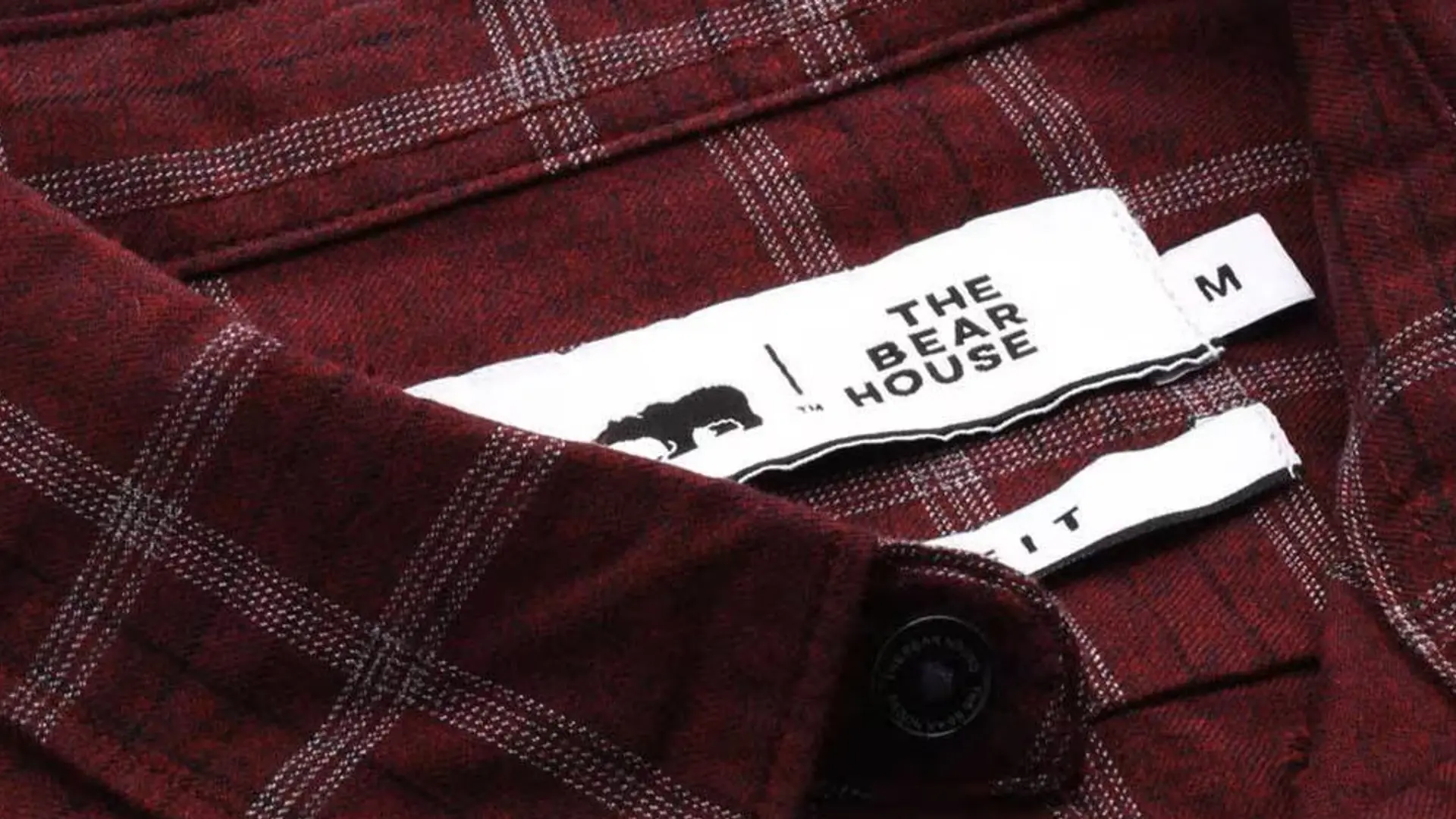Why brand positioning is the way forward for D2C brands
From doubling marketing budgets to launching different product ranges, D2C brands have entered the brand building process in the race to scale.
About five years ago, when digital-first consumer brands, including , , and , were launched, they were catering to a niche audience -- people looking for new and specialised products, which large consumer brands did not offer at the time.
These direct-to-consumer (D2C) brands started offering products to differentiate themselves. While launched Apple Cider Vinegar-based products, Mamaearth entered the chemical-free baby products segment. But today, there are a slew of other brands, which have entered these niches.
This happened because during the pandemic D2C startups saw a major boom as many at-home consumers started shopping online and newer brands saw a surge in traction.
According to Statista, at present India has 190 million people shopping online, up from 110 million in 2018. Startups, including Honasa Consumer Pvt. Ltd. run Mamaearth and SUGAR Cosmetics (Vellvette Lifestyle Pvt. Ltd.) also saw their valuations and revenue surge during the pandemic.
But categories, which were once the playing field for these startups is now getting crowded by the day. New firms are entering the space and existing players have started taking product ideas from each other.
Mumbai-based , known for making coffee and tea-based products, has found slight competition in SUGAR Cosmetics, which recently launched a Coffee Culture product range.
“This is definitely a challenge and there is no simple solution to solve this problem,” Kanwaljit Singh, founder of Fireside Ventures, told YourStory in an earlier interaction.
Brand building
Body Cupid Pvt. Ltd. run WOW Skin Science is focusing heavily on its brand building exercise, and has doubled its marketing spends compared to last year.
The brand has roped in actresses like Disha Patani and Bhumi Pednekar, and TV celebrities, including Pratik Gandhi, Aly Goni, and Shreya Chaudhary for brand endorsements to reach new customers.
“We are very bullish on the upcoming festive season and are trying to reach a new set of customers who have never purchased our products before. New products and ingredients are going to keep coming, but now our focus is to create a brand recall,” says Manish Chowdhary, Co-founder and co-CEO, Body Cupid Pvt. Ltd.
Habbit Health, a five-month-old protein-based product startup, is also focusing on building a brand. Instead of starting with just one product, the 3one4 Capital-backed firm launched a range of products, including low calorie ice-creams, protein shakes, and protein powders.

Established digital brands are also taking a leaf from each other's playbook for scale. Credit: YourStory Design
“When we were working on the idea, we had two major focus areas. One was to create healthy variants of tasty food products that a household already consumes, and second was to build a lifestyle brand. If I started with just proteins or just proteins, I would be just another product led D2C ice-cream or protein firm,” says Dhruv Bhushan, Co-founder and CEO, Habbit Health Nutrition Pvt. Ltd.
People don’t just buy a product, but a brand, says Fireside’s Kanwaljit. “You can get someone to buy your product the first time, probably by giving bundled deals and offers. But the recall only comes when you create value on the product as well as the brand,” he adds.
Exploring new avenues
Many D2C firms, including Mamaearth and Minus30, a Delhi-based ice-cream brand, have found new avenues, including TV advertising, to create their brand recall.
But with performance marketing and getting prime real estate on Google, Facebook, and Amazon gets expensive, some startups are also looking at different areas for brand building.
Puru Gupta, a former Procter and Gamble executive, started his snack brand True Elements in 2015. Since the aim was to grow with less capital investment, the founder tapped into general trade channels, including kiranas, while other players were getting modern trade shelf spaces.
“We understand there are many firms selling nutrition bars and breakfast cereals. So, the product game is not the newest thing anymore,” says Puru.
To create brand awareness, Puru is showing his customers where their products are exactly sourced from.
“We probably shouldn’t do this because our competitors will also know our process. But to get consumer trust, we have a QR code on the back of our product. After scanning, people can track where we are sourcing it from, the process of making these products, and how they are buying it,” Puru adds.
The market and the way forward
Delhi-based Manu Chandra, an early-stage backer of consumer startups and founding partner at Sauce.VC, believes, beauty, personal, and skincare segments already have big players.
“Today, if someone is starting day zero to launch a brand in the beauty, personal, and skincare category using the standard playbook used in the past, it will be very difficult. There are already established players who have scaled in these categories that dominate key channels and marketplaces. Unless a startup figures out a unique business model or go-to-market strategy, you cannot compete with them,” he says.
The venture capital firm currently has 15 consumer startups in its portfolio, including snack brand Postcard, and personalised haircare startup Bare Anatomy.
Even though the market seems to be getting cluttered with new brands as well as a few maturing players, there is still more headroom for the D2C space to grow.
“There is still so much to do in this space. We still haven’t explored celebrity-led brands, and then, in the food space, there are many niche categories to grow, where no one has made any product yet. It is anyway not a winner take all market,” says Rahul Chowdhri, Partner, Stellaris Venture Partners.
The investment firm has backed D2C startups, including Mamaearth and Zouk, which makes eco-friendly bags.
According to YourStory research, until July 2021, the D2C segment saw more than 30 funding deals. More deals are in the pipeline, with brands like boAt Lifestyle looking for an initial public offering (IPO) as well.
As most of these D2C startups are finding it difficult to scale in a market where differentiation cannot be done on a single product, the way forward for them and any other consumer startup is to create differentiation by creating brand recognition.
YourStory’s flagship startup-tech and leadership conference will return virtually for its 13th edition on October 25-30, 2021. Sign up for updates on TechSparks or to express your interest in partnerships and speaker opportunities here.
For more on TechSparks 2021, click here
Edited by Megha Reddy








